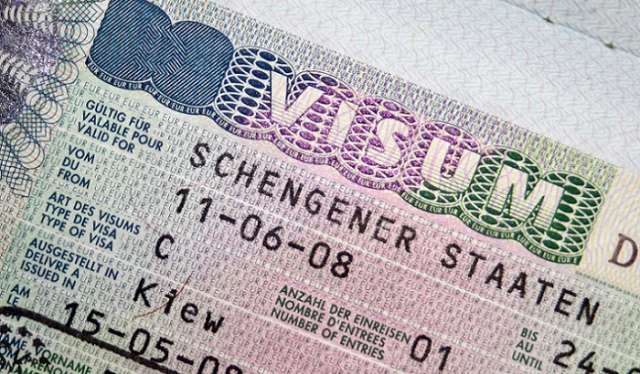Meeting in Prague, they launched a "Friends of Schengen" initiative aimed at keeping the passport-free travel zone intact.
Schengen is highly cherished by citizens of the four ex-communist states, many of whom still remember the heavy travel restrictions they faced during the previous era.
The group "will talk to the other EU members and try to win them over to the idea of maintaining Schengen without letting it crumble into mini-Schengens, while ensuring the functioning of the outer border," Czech Prime Minister Bohuslav Sobotka said.
Eurogroup chief Jeroen Dijsselbloem warned last week that a small group of EU countries -- namely Austria, Belgium, Germany, the Netherlands and Sweden -- may be forced to form a "mini-Schengen" if the bloc fails to resolve its migrant crisis since World War II.
The idea is to allow free travel among the countries but to impose controls on their external frontiers.
Some 895,000 migrants have landed on Europe`s shores so far this year, mainly fleeing violence in Afghanistan, Iraq and Syria.
The crisis has strained ties within the European Unopn, with mostly newer members such as Hungary taking a firm anti-migrant stance and northern countries like Germany welcoming those fleeing war.
Hungary was a key transit country for people trekking along the so-called Balkan route to reach northern Europe, until it sealed its southern borders with razor-wire fence in October.
The three other eastern EU states that signed the statement have seen few asylum seekers enter their territory.
More about:
















































